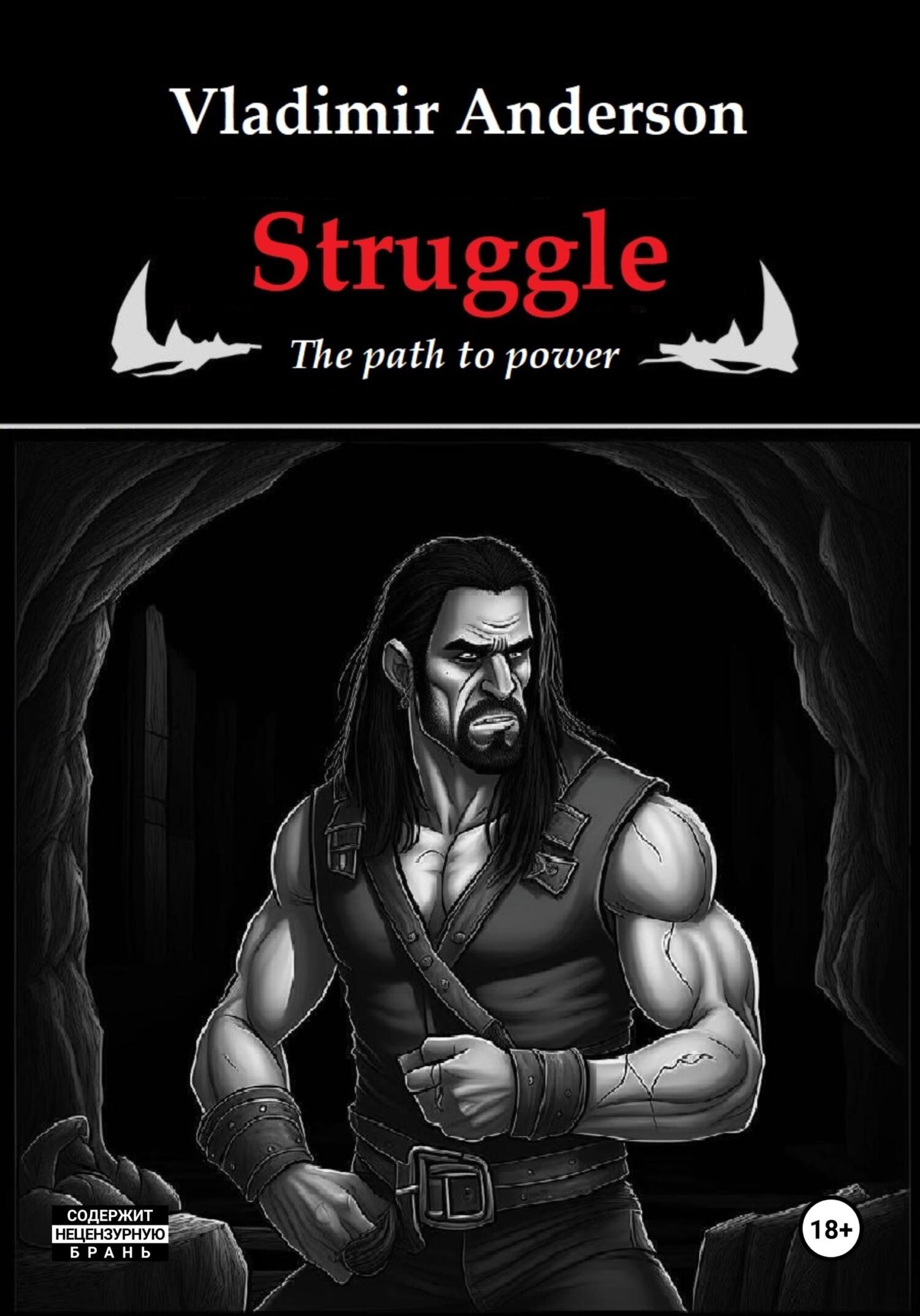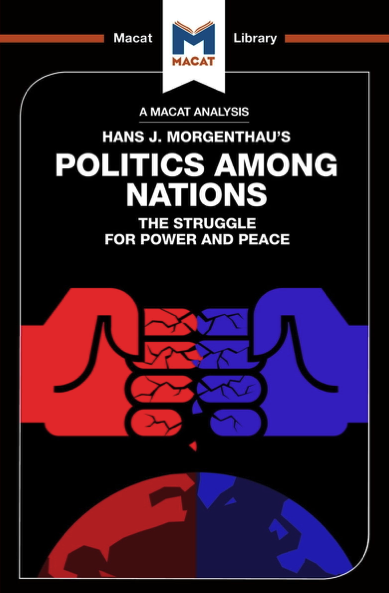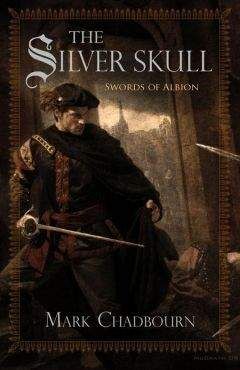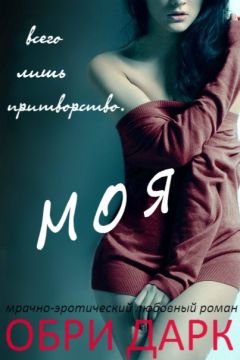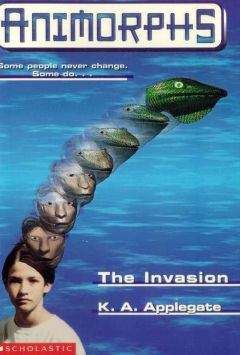at every such time, has been improved by them especially effectively.
The Chums refined anti-personnel mines by combining them with artillery shells. The long-used cluster munitions had the peculiarity of bursting before reaching the ground, thereby increasing the dispersion of fragments (balls spread over the entire volume of the charge) by an order of magnitude. The Plagues modeled this technology and produced a projectile that turns vertically in flight, producing a similar effect.
"No, you can't torture him. — Natasha thought. — And I can't be tortured so much either… If he doesn't, he doesn't want to.
These soaps lurked somewhere very deep: lodged inside and settled like hard limestone stone, yellowing and crumbling, slowly and endlessly.
A little more and she won't be able to speak at all, only cry.
"You know what, Mish. Go, you don't have to say anything," Natasha turned around, feeling her tears start to come out.
— Natash…
— Go — she sat down on the bed and turned so he couldn't see her face.
Misha looked at the room, looked at the plague that was never even outside the window, looked at
Natasha, with her braid still as black as the night sky, and said quietly: "I'm sorry."
He walked over and sat down on the bed very close to her, at her back, so that if she wanted to cover her face she wouldn't have to turn around, and gently, slowly lowered his hands to her forearms, "I'm sorry,
Natash… I should have done this much sooner…"
She turned around: a slightly flushed face, little droplets of tears rolling down her cheeks and big green eyes.
Misha pressed his lips to her neck and kissed her. Then another and another. Gently. It was not skin, but the ether of an air cloud, as if, if he touched her harder than he could, it would dissolve. And in an instant I felt her relax, all her nerves, just now so tense, become free, airy. How her breathing goes from nervousness to passion… First the warmth that warms somewhere inside that no one can penetrate. Then the breath. It echoes in my ears so that time slows down and I can't hear anything else.
The front door creaked open. And they both turned that way: how much time had passed, neither of them knew — how much.
"Natash, have you seen Zhivenko?" — a rebel appeared on the doorstep. His face was petrified and wrinkled, a couple of scars and glassy eyes — the embodiment of the image of a perfect Maquis. "Oh, I'm the one who interrupted… But this is more urgent than ever."
Special Forces Captain Maxim Seversky. "You've been missed here," Misha thought, getting out of bed. He pulled on his tunic, put on the boots that were lying on the floor in different directions, and left the house.
"What happened?" — Natasha asked, not realizing how it was possible to mess things up so unceremoniously.
"You don't want to know," Seversky shook his head negatively and withdrew following Zhivenko.
Large drops whipped outside. Somewhere far away it was shining. It was shining hard, but there was hardly any thunder. And the wind was blowing so hard that even those birch trees that had been standing for fifty years leaned to the ground. Such weather could hardly be called rain; it was a rain storm.
"Well, what is it," Misha stood motionless and full of expectation. He had seen the man talking to Bolotnikov four days ago. That dialog about what would happen after the retreat, how they had almost shot each other because of it. And now the eyes of this special officer, though they looked as impenetrable, still gave away the memory of that moment.
"Bolotnikov. He's being tried," Seversky muttered through the rain.
Natasha stood behind him. Her braid was covered by a large black hood, and from it the same strong green eyes glittered slightly.
If it hadn't been for her, a fight might well have broken out here. Misha wouldn't do it in front of her: those who save lives shouldn't see hatred for their own. Barely restrained words, clenched through his teeth, were all he could manage now: "Where is it?"
"Let's go," Seversky nodded, continuing to be still as calm and composed as ever.
"Maybe he's proud of it? — Misha thought. — Maybe he joined the Special Forces so he wouldn't be like everyone else. To feel the difference between everyone who is here. There are enough weak people here who ran away from the plagues because of fear. Maybe he likes to think everyone here is like that. And now he's come to show us that? Why is he doing all this? Why has he come and not someone else?" "I'll go with you," Natasha said quietly and decisively. — Don't. Stay here.
— No, Comrade Captain. It's not in your power. — Misha's peculiarity has been missing for a long time. The way she didn't like to mix her personal life with what was related to the war. She saw it as unacceptable: "What if, when I have to choose, I listen to my emotions. You know what emotions lead to in combat. Many more could die because of it… Just because I looked in your direction. And that's what emotion is… I'm bandaging someone and I'm thinking about you… And if I'm thinking about you and not the person I'm bandaging, I might do it wrong. What's that gonna do? And that's just me, First Lieutenant. What can you do, Captain? Keep my whole squad out of a place that needs help just because of me? How many will die because of that?"
And now that there was no fight, she didn't want to shut herself off, even though she hadn't known Bolotnikov that long.
In general, it is customary to try the military in closed trials, so that no one can see them. But this rule did not apply to the Ukrainian Maquis — once they elected them in the
